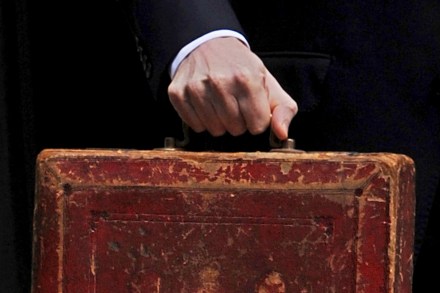And what about the Lib Dems?
After the gales of recent weeks, the past few days must have been relatively blissful for the Lib Dems. No fake constituents with hidden dictaphones. No massive student protests. No especial focus on their opinion poll ratings. But, instead, a mephitic heap of problems, or at least embarrassments, for Labour and the Tories. Warsi, Johnson, Coulson, even EMAs – Clegg & Co. have been spared the worst of it. Which isn’t to say that the Lib Dems will be unaffected by recent events. For instance, as Paul Goodman suggests, Andy Coulson’s departure unsettles the delicate balance of the coalition – and that will always have ramifications, however minute, for the
















